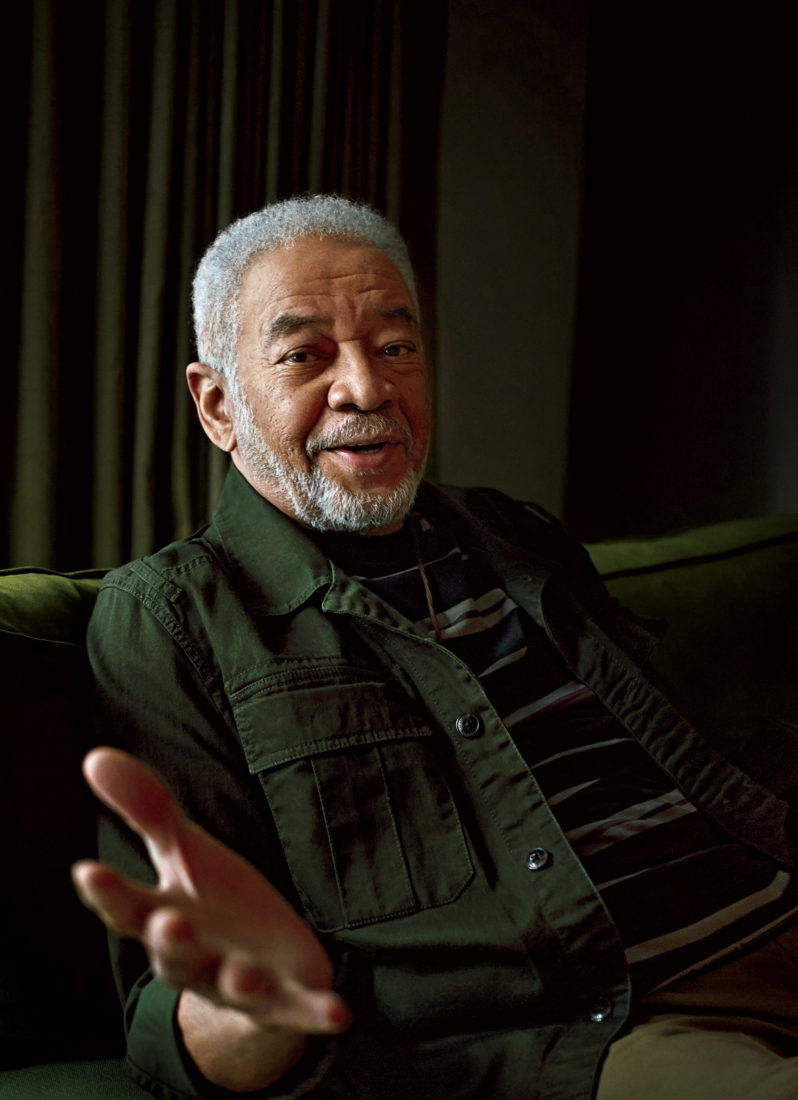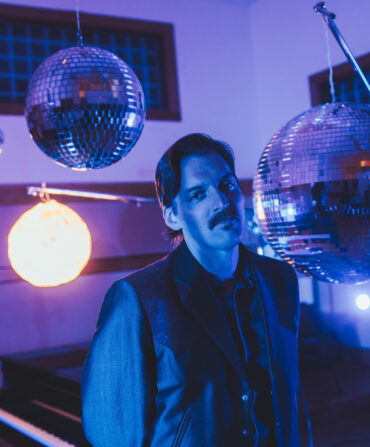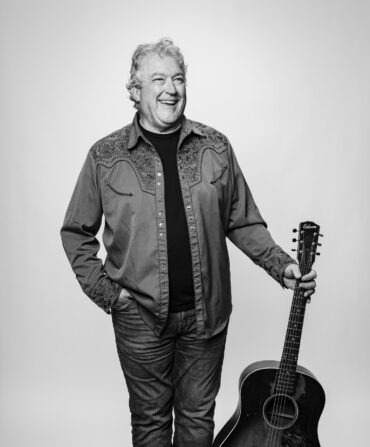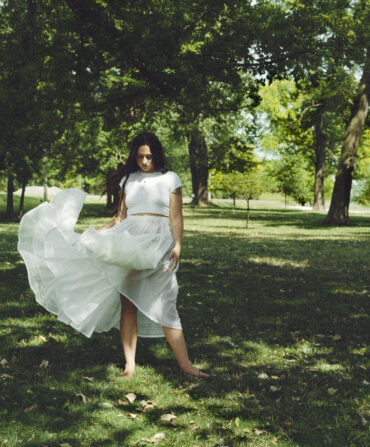When he was growing up in Beckley, West Virginia, the only music the three-time Grammy winner Bill Withers was exposed to was “in the church.” But, he says, “When you have a facility for music, you know right away, when you’re born, I guess.” It would be several decades before Withers acknowledged that gift, re-embracing his hymn-honed voice and unleashing his natural inclination for arrow-sharp lyricism on such indispensable tracks as “Ain’t No Sunshine,” “Lean on Me,” and “Use Me,” high points of a career that lasted only fifteen years but whose legacy endures. Withers, who withdrew from the public eye to focus on his family in the mid-1980s, will finally be inducted into the Rock and Roll Hall of Fame in April. Now seventy-six, he’s pleased at the recognition, though hardly inclined to gloat. “Pride goeth before the great fall,” he says jokingly. Besides, he continues, “the induction could have happened or could not have happened. Either way, I was going to have to keep living.”

Photo: Jeff Riedel
Musical Benchmark
Withers takes five during a stroll along Hollywood’s Sunset Strip.
You came to music late in life.
I was a severe stutterer until I was about thirty. In a rural area like where I was from, when you stutter, people don’t think you’re very bright.
Your hometown in West Virginia had around two hundred residents.
Everything was based around the coal mines. I knew that to do anything I wanted to do, I needed to leave. I would go to the movies and see other places. As soon as I was old enough—before I was even shaving—I joined the navy.
You were in the military for nine years, some of that stationed in Pensacola, Florida, in the 1950s and 1960s. What was that time in the South like for you?
It was more or less surviving. Let’s face it, when I was coming along, the likelihood of me being able to do much was slim. I mean, in those days the South didn’t have great plans for guys like me [laughs].
In 1967 you left the navy and moved to California, where you fell into the music business.
I had ninety days to reenlist or not. And I thought about it. Do I want to try to take on this world? I hadn’t been a civilian since I was a kid. Am I ready to take this chance? And I said yes to overcome the fear of finding out. There was something dormant in me. I knew it was there whether anybody else did or not.
What was the tipping point?
I would fool around up in San Jose. If I had a couple drinks, I’d sit in with the band. And they’d drop little seeds in my head. I remember in Oakland I went to see Lou Rawls and I heard the guy behind the bar say he was paying him $2,000 a week. I thought, That’s interesting. I think I was making $3.25 an hour at the time. So I went home and told my mother I was going to become a singer-songwriter.
Did you know you had what it takes?
I think maybe you know that long before anybody else does. Or you think you do. Now, there are a lot of people who think they have it that don’t. But everything in life boils down to this riddle: Are you what you think you are? The world will let you know whether you are a keeper or just recreational.
In a short time span, you wrote and recorded several indelible songs. Then, in 1985, you walked away from it all. That choice seems to vex a lot of folks.
Yeah, well, that’s their problem [laughs]. The music business was no piece of cake. There was this guy at my record label who wanted me to do stuff like cover Elvis Presley songs [snorts]. Get the hell out of here. I got tired of it. Most of my dreams came true and some of my nightmares, too. I had a pretty good run. And by then I had a family and some kids, so I went about trying to do a good job at that. Without even thinking about it, I just went ahead with my life.
Do you have regrets?
Everybody’s got regrets. The trick is not to spend a lot of time thinking about them.
You may have stepped out of circulation, but your music never did.
People kept recording my songs. They worked on their own. I became more popular as time wore on. I could play a larger venue now than when I was making music all the time.
And now you’re in the Rock and Roll Hall of Fame.
The induction is a compliment. I’m not ambivalent. I’m actually looking forward to it. But I’m not a jump-up-and-down kind of guy. If I go to a football game, I sit there and watch it. I’m not waving my arms and carrying on. It doesn’t mean I don’t feel something, you know. I feel it’s healthier to look out at the world through a window rather than through a mirror. With a mirror, all you see is yourself and whatever is behind you.








